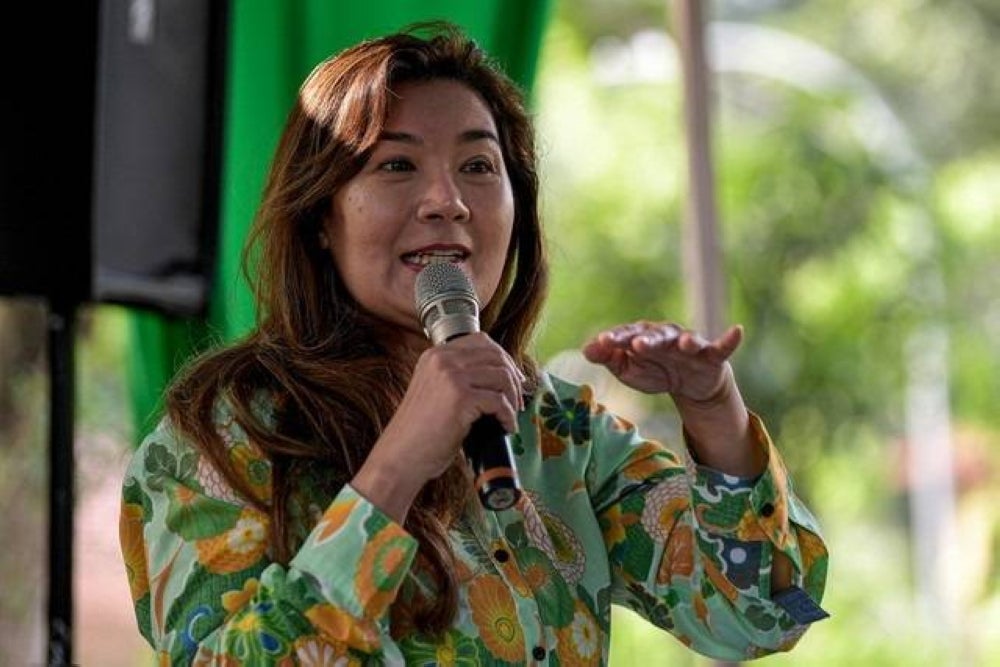Develop roadmap to improve access to assistive technology - Ras Adiba
25 Aug 2022 11:49am

Ras Adiba also shared few efforts done by Malaysian companies in providing assistive technologies for PWDs. - Bernama Photo
Speaking at the 65th Commonwealth Parliamentary Conference (CPC) in Halifax, Canada, Senator Datuk Ras Adiba Radzi said improving access to assistive technology benefits everyone especially when those in need are supported in a timely, appropriate and affordable manner, able to live healthier and more productive.
"Including assistive technology within universal health coverage and strengthening provision through primary health care would help to foster healthier populations and future generations that can participate and contribute more fully in education, labour markets and civil society.
"Investing in access to assistive technology can support health system strengthening by improving outcomes, preventing secondary conditions and reducing caregiver costs," she said.
Assistive technology can include mobility devices such as walkers and wheelchairs, as well as hardware, software and peripherals that assist Persons with Disabilities (PwD) in accessing computers or other information technologies.
Ras Adiba said everyone should give some focus on assistive technologies such as for motor impairments, Optical Character Recognition software (OCR), Braille display and Augmentative and Alternative Communication (AAC) tool to help create a better user experience for the people using them.
It is essential to involve assistive technology users - PwDs, older people, people with chronic conditions and their families − in the assistive technology policy-making and implementation process, she said.
The OKU Sentral president said the government should show leadership in demonstrating how assistive technology could help disabled employees work and progress their careers in much the same way as their non-disabled colleagues.
Thus, she suggested that the civil service department create a central standard for accessible systems in government departments to enable it to be a model Disability Confident workplace.
Ras Adiba also shared few efforts done by Malaysian companies in providing assistive technologies for PWDs, namely Glomas Hitec medic, Lend A hand and SPEAK MODalities.
She suggested few actions to improve access to assistive technology such as recognising assistive technology as essential health products and services that are an integral component of universal health coverage; developing a National Priority Assistive Products List and train more community-level workforce through World Health Organisation's Training in Assistive Products (TAP) online training modules. - BERNAMA









